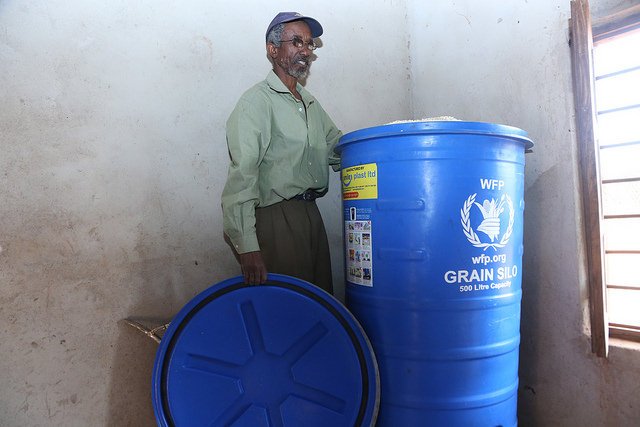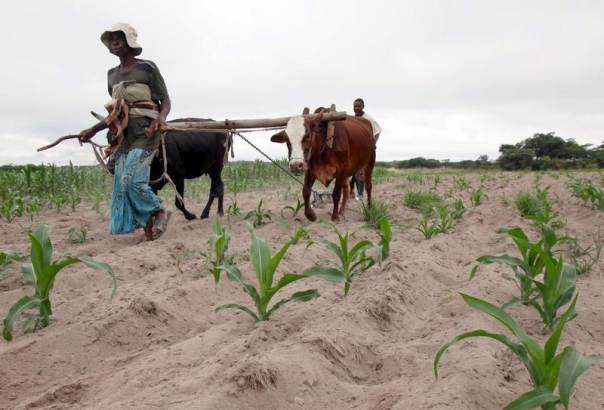
The long wait for the rains is a very gruelling situation for farmers as well as the pastoralists in this country. As it is normally expected, the rainy season starts from as late as mid-March but there are no signs of the same at the moment.
This comes at a time when the government officials are issuing contradicting information on the state of hunger and drought in the country which has been met with mixed reactions from Kenyans.

Experts have always advised farmers to plant around that time so that as the rain starts, the seeds are found to be in the soil for better output.
Some parts of the country had started receiving some light rain and farmers planted. But with the prolonged dry spell, the seeds did not come out and those that did have since dried meaning they will have to plant again, meaning an extra expense on the seeds and fertiliser.

It is possible some of them could even have exhausted the resources they had put together for preparing their land, buying seeds, planting and for purchasing fertiliser.
The delayed rains definitely messed them up. Their options are that they may give up on redoing their land or get extra resources for seeds and fertiliser.
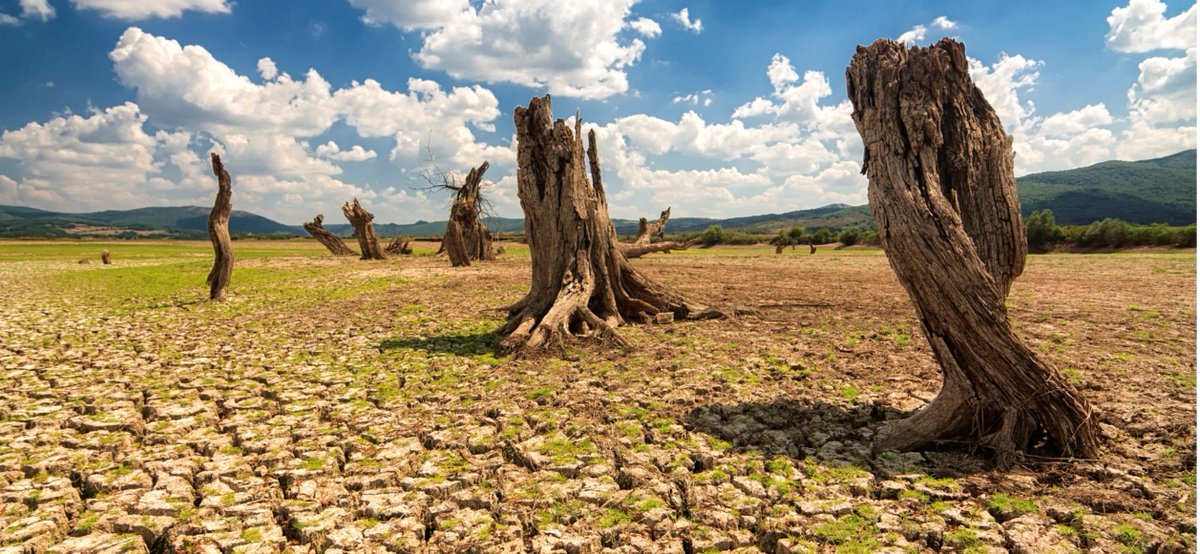
However, as regards food security in the country, farmers in regions such as the Rift Valley had done some harvest, which they did not sell. The rate of government offtake of the harvest has been low, meaning their stores could still be full.
With this in mind it is everyone’s hope that with the delayed rains and possible less harvest, the focus will be on handling the stored produce. The government should move with speed and help farmers invest in storing their produce well so that the post-harvest losses are diminished.
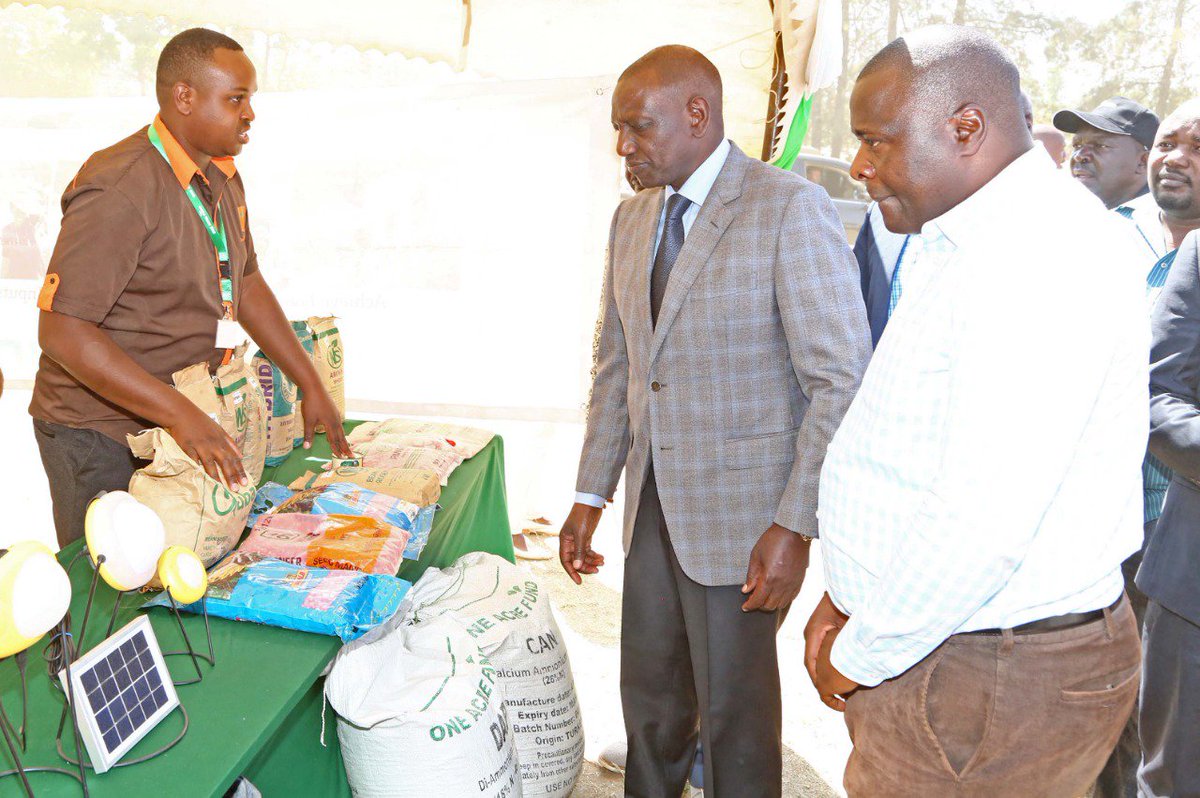
This can be part of future planning, taking care of the eventuality that may obtain due to the delay in the rain.
But generally, the regions that cannot benefit from the harvest stored in areas such as the Rift Valley have certainly suffered and continue to do so. Any further rains delay is certainly a scary prospect.
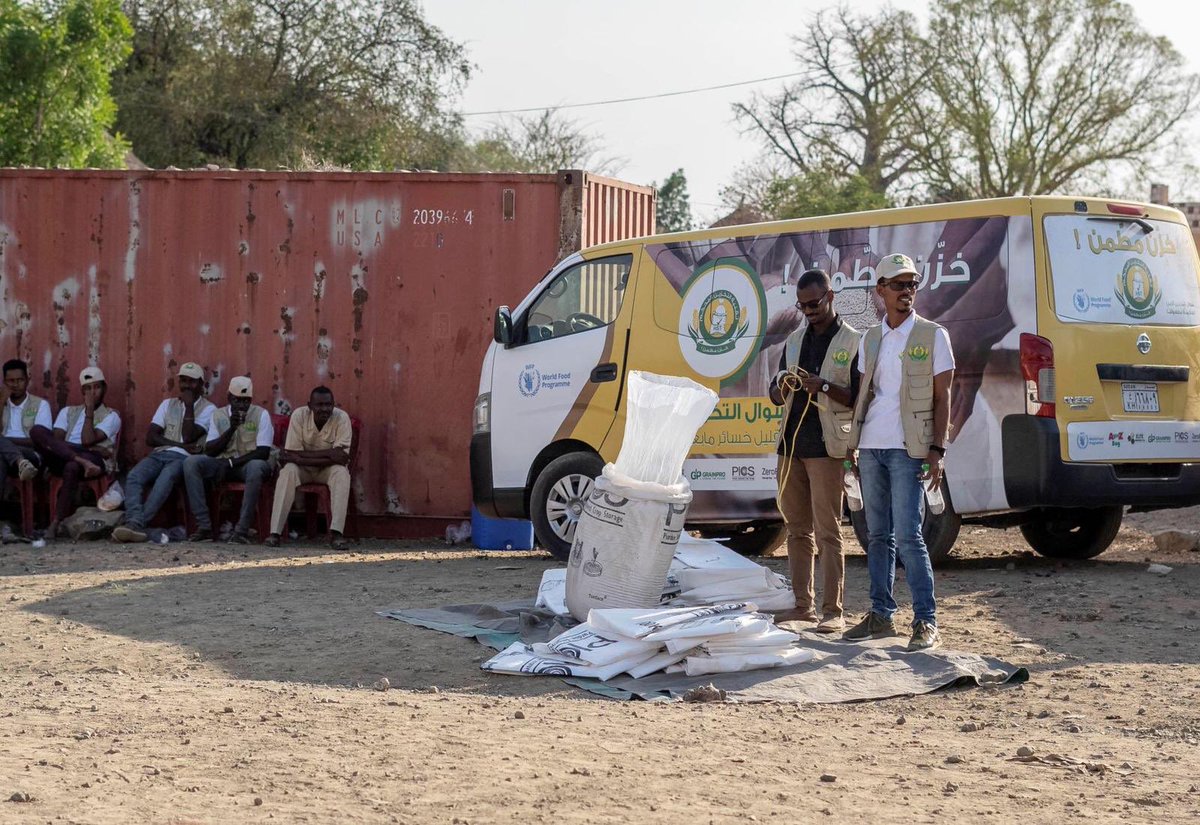
Talking of planning, the current drought has also affected animal farmers due to drying pastures and water points such as wells, dams, and pans. With the obvious government inefficiencies in the off-take programme, planning is certainly needful to cushion farmers of any future loses.
